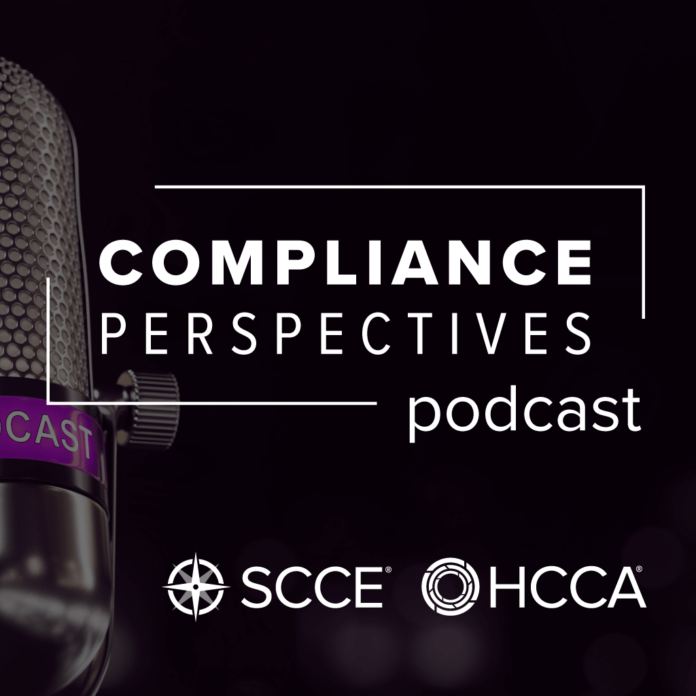Podcast: Play in new window | Download (Duration: 14:14 — 13.1MB)
Subscribe: Apple Podcasts | Email | TuneIn | RSS
Since the 1930s the United State has had import bans on forced and convict labor. But, the rules were tightened, explains Evelyn Suarez, Principal, The Suarez Firm and Thad McBride, Partner, Bass, Berry & Sims PLC, in 2021. That is when Congress passed the Uyghur Forced Labor Prevention Act (UFLPA). The act has a rebuttable presumption that goods made in whole or part with labor from the Xinjian region in China is made with forced labor.
If US customs suspects that goods are made in this region, they can stop them until the importer can provide the necessary assurances. In addition, goods made in other regions are also being stopped because their supply chain includes labor from Xinjian.
So, what should compliance teams do to help the business unit navigate the issue? For one, it’s key to go beyond the first line supplier, as is typical, and start looking deeply into the supply chain and start researching your supplier’s suppliers.
Suppliers should be asked what connections they have to China. Mapping questionnaires should be developed and issued. Training needs to be given, and third-party vetting vendors will likely be needed.
In addition, develop interdisciplinary teams to create a plan for responding should a shipment be held. Even before that, start developing a good relationship with customs and take advantage of their expertise.
As is the case with so much else in compliance, keep good records that you can present to customs, maybe even on a proactive basis.
Finally, keep your eyes open for customs ruling and court cases that may provide guidance on what to expect next.


